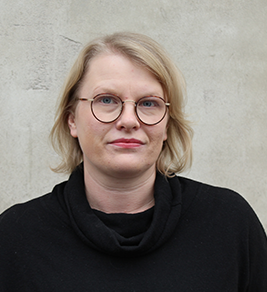Within Nordic cities, residential segregation is a hotly debated topic, often discussed in conjunction with concerns relating to socio-economic inequality, welfare provision, immigration, and integration. Nordic capital cities have experienced similar patterns of segregation and face shared problems.
In the light of this, agendas for a socially sustainable urban development are being formulated in multiple arenas. But what are the main features of a socially sustainable city and what do these ambitions imply for planning practice? This report was commissioned by the Nordic Council of Ministers’ Committee of Senior Officials for Regional Policy (EK-R) following a meeting in Copenhagen on 27th April, 2015, with the Nordic Ministers of housing and regional development. The task given by the ministers was to summarize what current research has to say about the state of segregation in Nordic metropolitan cities and to provide insights on the strategies responsible authorities are developing and implementing in order to counteract the negative effects of segregation.
Related Staff
Related Research Projects
Related Publications
- Can planning combat segregation and strengthen social sustainability?
- Demographic changes, housing policies and urban planning
- Integrating Urban Planning and Regional Development
- A Spatial Analysis of City-Regions: Urban Form & Service Accessibility
- Addressing social sustainability through everyday life: Experience from a pilot study in four Nordic city-regions
- Integrated Models: Planning Urban Sustainability
- Nordregio News Issue 2 2011: Sustainable Urban Planning Revisited
- Nordregio News Issue 1 2014: Planning Tools for Urban Sustainability
- Building affordable homes: Challenges and solutions in the Nordic Region
- Nordregio News 4 2016
- En granskning av Norges planeringssystem
- Nordic capital regions in the global network economy
- Hinder och potentiella framgångsfaktorer i bostadsbyggnadsprocessen




